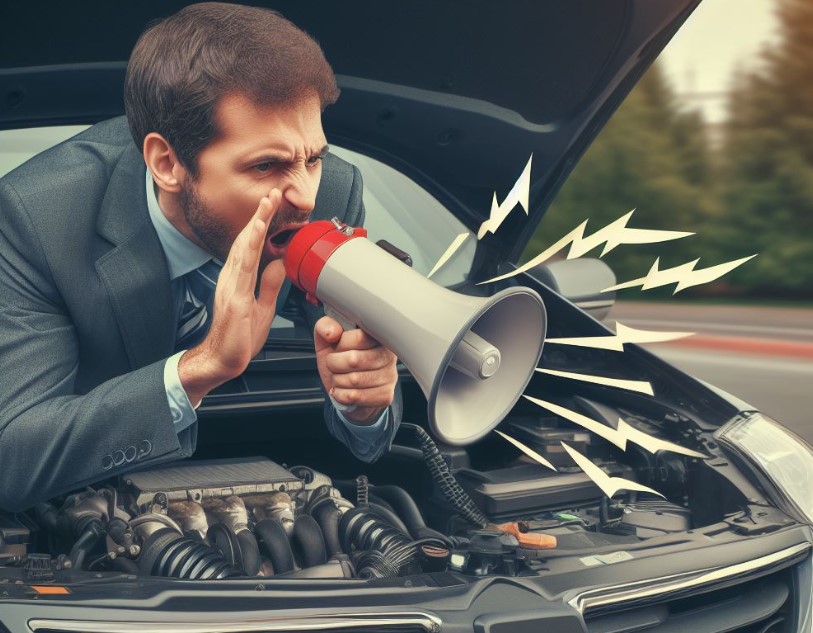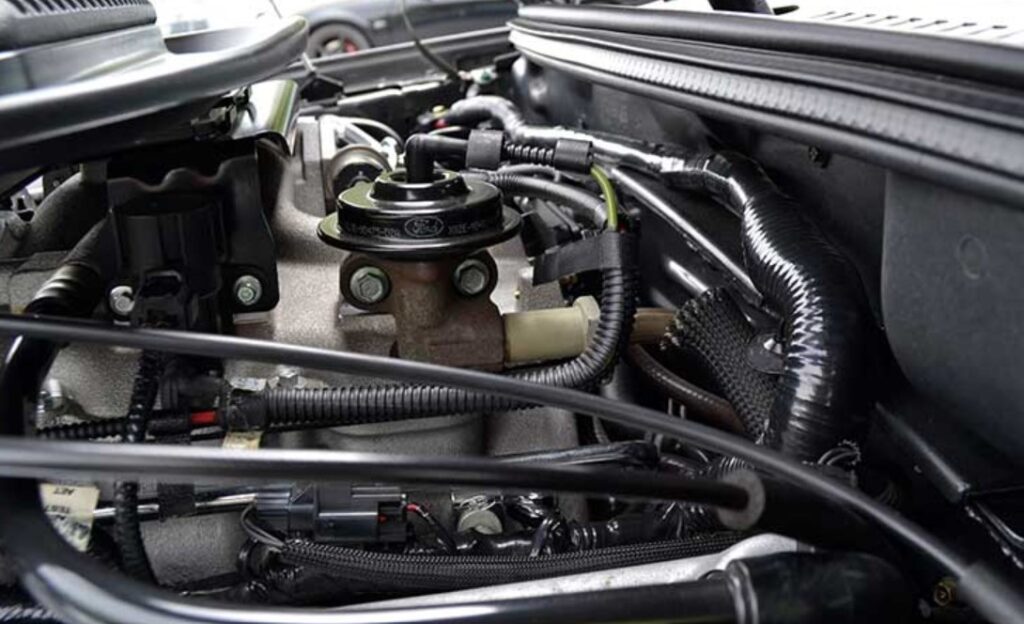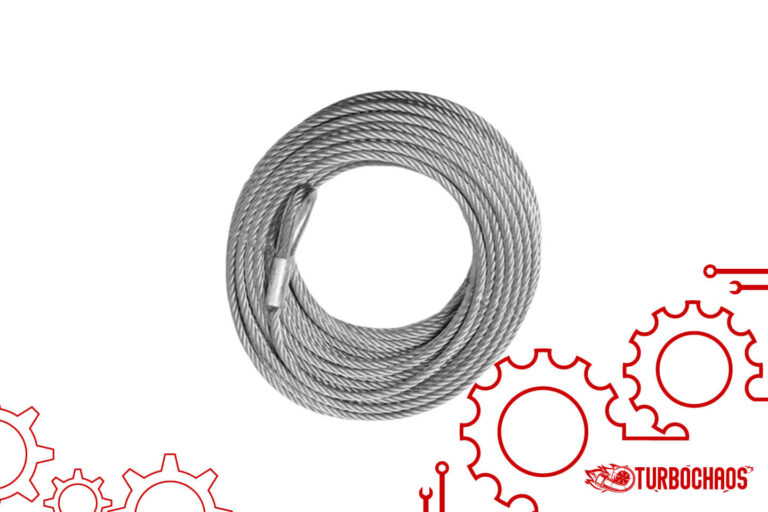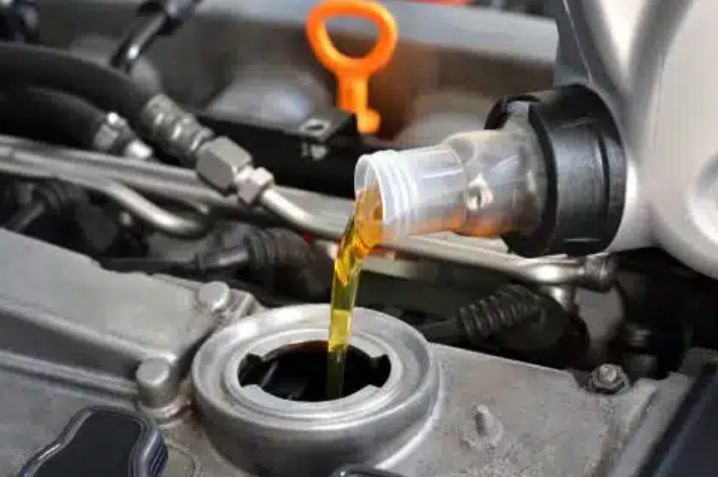Car Revving Engine Noise Complaint [Causes + Fix]
Do you know Car Revving Engine Noise Complaint have become a prevalent concern in many urban and suburban areas? This phenomenon, often associated with modified cars or aggressive driving habits, can disrupt the peace of residential neighborhoods. Understanding the cause, impact, and solutions is crucial for residents and authorities alike.
Key Takeaways
- Understanding the Cause: Delving into the reasons behind loud engine revving.
- Impact on Communities: Exploring how this noise affects local residents.
- Legal Framework: Examining laws and regulations governing noise pollution.
- Preventive Measures: Strategies to mitigate and prevent excessive engine noise.
- Technological Solutions: Advances in technology that can address this issue.
Car Revving Engine Noise Complaint
A car revving engine noise complaint typically refers to a situation where a vehicle produces excessive and disruptive noise, usually due to high engine revs.

This can be caused by modifications to the car’s exhaust system, engine tuning for increased performance, mechanical issues, or aggressive driving behavior.
Such noise can be a significant disturbance, especially in residential areas, and may be subject to legal action based on local noise pollution laws.
When discussing car revving engine noise complaints, it’s important to start with a straightforward answer. This issue typically arises from vehicles with modified exhaust systems or engines tuned for higher performance.
These modifications can cause the engine to produce a louder and more disruptive sound, particularly when revved aggressively. This noise can be a significant nuisance, especially in residential areas.
Understanding the Cause of Loud Engine Revving
Common Factors Contributing to Engine Noise
There are several factors that contribute to loud engine revving noise:
- Modified Exhaust Systems: Owners often modify exhaust systems to enhance performance, inadvertently increasing noise levels.
- Engine Tuning: Tuning engines for higher performance can lead to louder revving sounds.
- Aggressive Driving Habits: Drivers revving engines at high RPMs for thrill or attention contribute significantly to noise pollution.
The Role of Car Culture in Engine Noise
Car culture plays a substantial role in this issue. For many enthusiasts, the sound of a revving engine is a symbol of power and performance. This cultural aspect can encourage modifications that prioritize sound over community peace.
Impact on Communities

Health and Wellness Concerns
Loud engine noises, particularly at night, can have adverse effects on health, including:
- Sleep disturbances lead to fatigue and stress.
- Long-term exposure contributes to hearing loss and cardiovascular issues.
Social and Environmental Effects
The noise pollution from revving engines can:
- Disrupt local wildlife and ecosystems.
- Lead to tensions between residents and car enthusiasts.
Legal Framework for Addressing Engine Noise
Existing Laws and Regulations
Many municipalities have established laws to control noise pollution. These regulations often include:
- Decibel limits for vehicle noise.
- Restrictions on modifications that increase engine noise.
Challenges in Enforcement
Enforcing these laws can be challenging due to:
- Difficulty in measuring noise levels accurately.
- Identifying specific vehicles responsible for noise pollution.
Preventive Measures and Community Action

Strategies for Local Authorities
Local authorities can implement measures such as:
- Regular patrols in areas with frequent complaints.
- Awareness campaigns about the impact of noise pollution.
Community Involvement
Communities can play a role by:
- Reporting incidents of excessive noise.
- Engaging in dialogues with car enthusiasts to find common ground.
Technological Solutions to Engine Noise
Innovations in Vehicle Design
Advancements in vehicle technology offer potential solutions, such as:
- Quieter, more efficient engines.
- Soundproofing materials in cars.
Role of Electric Vehicles
The rise of electric vehicles presents an opportunity to reduce engine noise, as they operate much more quietly compared to traditional combustion engines.
Why Does My Car Sound Like It’s Over Revving?
When a car sounds like it’s over-revving, it could be due to several issues. One common reason is a slipping clutch in manual transmission vehicles, where the clutch fails to engage the gears fully, causing the engine to rev higher without a corresponding increase in speed.

In automatic transmissions, similar symptoms may indicate problems with the torque converter or transmission fluid. Another possibility is a malfunctioning sensor, such as the throttle position sensor, which can cause the engine to rev erratically.
Additionally, vacuum leaks or issues with the fuel injection system can lead to higher revving as the engine tries to compensate for imbalances in the air-fuel mixture. It’s crucial to diagnose and address these issues promptly, as they can lead to more significant engine damage if left untreated.
Is Revving Your Engine A Threat?
Revving your engine can indeed be a threat to your car’s health, especially when done excessively or improperly. High revving puts additional stress on the engine and its components, leading to accelerated wear and tear.
This is particularly harmful when the engine is cold, as the oil hasn’t sufficiently lubricated all moving parts yet. Continuous high revving can result in overheating, increased emission of pollutants, and in extreme cases, can cause engine components to fail, such as the head gasket or the pistons.
It’s advisable to avoid unnecessary revving and to allow the engine to warm up properly before driving, especially in colder weather.
What Is Wrong With Revving Engine?
Revving the engine, especially to high RPMs, can be problematic for several reasons. Firstly, it leads to rapid wear and tear of engine components. Components like bearings, pistons, and valves are designed to withstand a certain level of stress, and revving beyond that can cause premature failure.

Secondly, it increases fuel consumption and emissions. High RPMs demand more fuel and produce more exhaust, contributing to pollution and inefficiency.
Lastly, excessive revving, particularly in residential areas, contributes to noise pollution. This can be disturbing to communities and is often subject to legal restrictions to preserve public peace and environmental health.
How To Report A Noisy Car Exhaust?
Reporting a noisy car exhaust typically involves contacting local authorities. The process may vary depending on your location, but generally, you can report it to your city or town’s non-emergency police line or the local environmental protection agency.
When reporting, provide specific details such as the time and location of the noise, a description of the vehicle, and, if possible, its license plate number. Some areas might have online forms or apps for lodging such complaints.
It’s important to know the local noise ordinance laws as they can vary, and having this information can make your complaint more effective. Remember, reporting should be reserved for instances where the noise is consistently problematic or excessively loud, indicating a potential violation of local laws.
Conclusion
Addressing car revving engine noise complaints requires a multi-faceted approach. It involves understanding the root causes, recognizing the impact on communities, and implementing both legal and technological solutions.
By combining community action, enforcement of regulations, and embracing technological advancements, we can effectively manage and reduce this form of noise pollution, ensuring a more peaceful environment for all.
Frequently Asked Questions
How Can Communities Collaborate to Address Engine Noise Problems?
Communities can collaborate to address engine noise problems by forming neighborhood associations, conducting awareness campaigns, and working with local authorities. Engaging in dialogue with car enthusiasts and advocating for noise-reducing infrastructure changes are also effective strategies.
Can Soundproofing a Vehicle Reduce Engine Noise?
Soundproofing a vehicle can help reduce engine noise to some extent. It involves adding materials that absorb or block sound within the vehicle’s cabin. However, this primarily affects the noise experience inside the car and may have limited impact on external noise emission.
What Role Does Law Enforcement Play in Managing Engine Noise Complaints?
Law enforcement plays a crucial role in managing engine noise complaints. They are responsible for enforcing local noise ordinances, conducting patrols in affected areas, and taking action against violators. They also educate the public on noise regulations.
Are Electric Vehicles Quieter Than Traditional Combustion Engine Cars?
Electric vehicles are generally quieter than traditional combustion engine cars, especially at lower speeds. This is because they do not have an internal combustion engine, which is a primary source of vehicle noise. However, at higher speeds, tire and wind noise can still be significant.
Can Car Modifications That Increase Noise Lead to Legal Issues?
Yes, car modifications that increase noise levels can lead to legal issues if they violate local noise ordinances. Vehicle owners may face fines, be required to modify their vehicles to comply with regulations, or even face legal action in extreme cases.

Welcome to the exhilarating world of Matt Rex, a professional car racer turned renowned vehicle enthusiast. Immerse yourself in his captivating blog as he shares heart-pounding adventures, expert reviews, and valuable insights on cars, trucks, jets, and more. Fuel your passion for speed and discover the beauty of vehicles through Matt’s engaging stories and meticulous expertise. Join the ever-growing community of enthusiasts who find inspiration and expert advice in Matt Rex’s blog—a digital hub where the thrill of speed meets the pursuit of knowledge.






![REC 90 Fuel Lawn Mower [All You Need To Know]](https://www.turbochaos.com/wp-content/uploads/2023/12/REC-90-Fuel-Lawn-Mower-768x610.jpg)
![Yamaha SUV 1200 4-Stroke Conversion [Explanation]](https://www.turbochaos.com/wp-content/uploads/2023/08/Yamaha-SUV-1200-4-Stroke-Conversion-768x512.jpg)